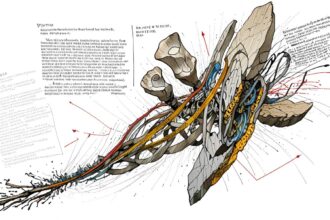The Los Angeles Dodgers have dismissed interpreter Ippei Mizuhara following allegations of illegal gambling activities. The incident has reignited discussions on gambling addiction and sports integrity.
In a recent incident that has reverberated through the sports and gambling worlds, Ippei Mizuhara, the interpreter for Los Angeles Dodgers star Shohei Ohtani, was dismissed from his position amid allegations of illegal gambling activities and substantial debts exceeding $1 million. Despite initially denying involvement in baseball betting, Mizuhara later changed his story after intervention by Ohtani’s legal representatives, asserting that Ohtani had no knowledge of his gambling activities.
The case has brought to light once more the long-standing issue of gambling within sports, an area fraught with controversy and historical scandals, such as the 1920 “Black Sox Scandal” and more contemporary ones involving figures like Phil Mickelson and Kieran Trippier. It underscores the challenges the sports industry faces in maintaining the integrity and credibility of its competitions amidst the temptation of illicit gambling.
In parallel, the incident has sparked discussions about gambling addiction, a serious condition recognized by the National Council on Problem Gambling. The condition, characterized by an obsessive engagement with gambling to the detriment of personal and professional life, is said to affect 2.5 million adults in the US severely, with an additional 5 to 8 million experiencing milder issues. Despite the legalization of sports betting in 38 states and Washington D.C., professional sports leagues maintain strict regulations against gambling to prevent any conflicts of interest, even as partnerships between leagues and betting companies become more common.
The controversy surrounding Mizuhara serves as a focal point for ongoing debates on problem gambling, the regulation of sports betting, and the integrity of sports. It illustrates the complex dynamics between the sports industry and gambling activities in the US, Japan, and globally, highlighting the persistent challenges of addressing gambling addiction and maintaining the credibility of sports competitions amidst evolving legal and social landscapes.













